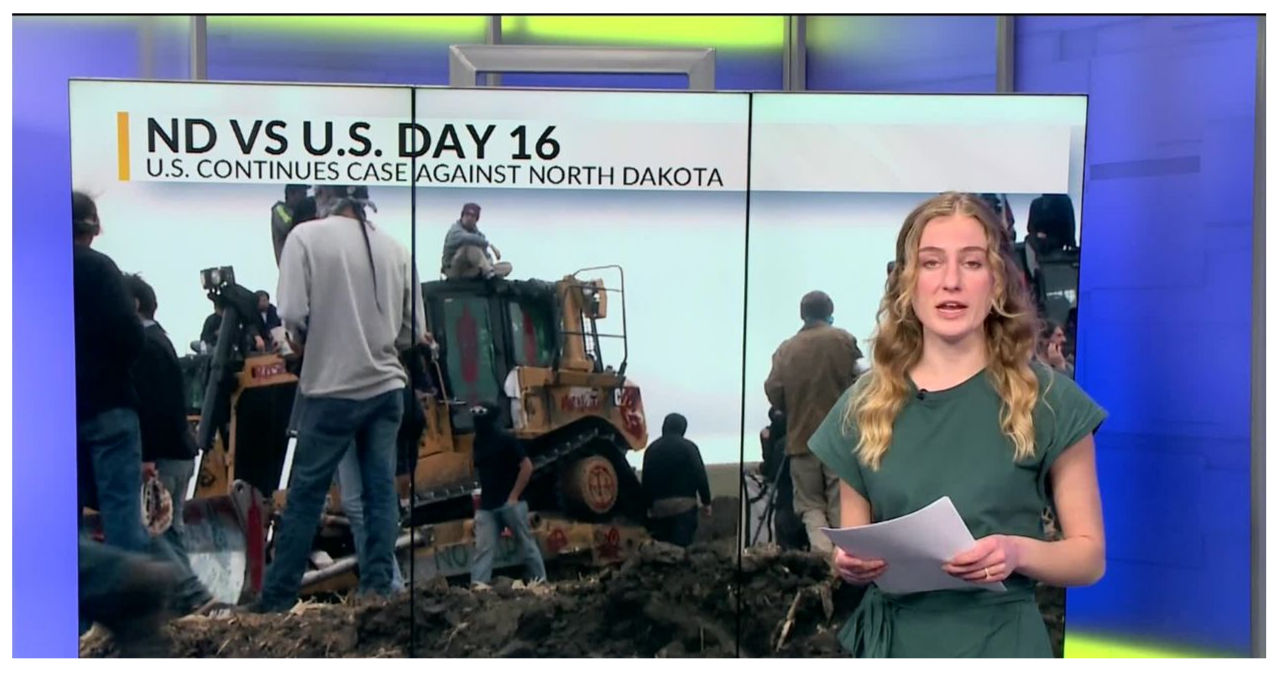The trial to determine the party responsible for covering the damages caused by the DAPL protest in North Dakota is ongoing in the United States.
The focus of day 16 in court was predominantly on individuals representing the viewpoints of the tribes involved.
The United States initially sought the expertise of Winona LaDuke, a rural development economist hailing from the White Earth Reservation in northern Minnesota. LaDuke, who was actively engaged with Honor the Earth, an organization dedicated to safeguarding the environment and indigenous rights, was called upon for her valuable insights.
In August of 2016, LaDuke expressed her concerns about the pipeline process and the limited involvement and consultation of tribal communities. She decided to take action by camping on land that was under the control of the Army Corps of Engineers.
According to LaDuke, she believed that the Corps had no jurisdiction over the land where she was camping. She also mentioned that the special use permit granted by the Corps had no significance to the individuals who were there to safeguard the water.
During the cross-examination, LaDuke clarified that she was expressing her personal views and could not provide a definitive statement on whether everyone present shared the same intention of safeguarding the water.
During the conversation, the state inquired whether she was aware of the potential pollution of water systems due to the presence of garbage in the camp. In response, she expressed her greater concern about the impact of insufficient oil regulations on pollution, rather than the garbage in the river.
During the cross-examination, LaDuke didn’t hold back in expressing her strong disapproval for both the federal and state governments.
“I was disappointed by the North Dakota Department of Health’s decision to remove their services from the camps,” she expressed, emphasizing her expectation for more action from former President Obama.
Emily Greenwald, a historian from Montana, provided the court with a comprehensive account of the Sioux people’s history and the ongoing violations of their rights.
According to her, the DAPL protesters perceived the situation as reminiscent of past violent events in Sioux history, which may have served as a driving force for their actions.
During her cross-examination, Greenwald clarified that her focus was not on investigating the specific events that took place at the protest. Instead, she aimed to offer a broader perspective to better understand the response.



